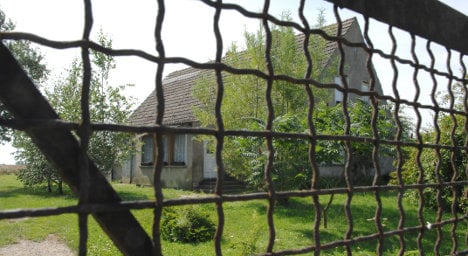“The headmistress remains in charge,” Education Minister for the state of Brandenburg Holger Rupprecht told the paper.
In 2002, the girl’s parents lied to the director at the Templin school for disabled children, telling her they had found a place for Jennifer in a private school in the state of Mecklenburg Western-Pomerania. According to ministry officials, the director believed the parents and did not inform the supervisory school authorities.
At that time Jennifer’s parents presented an official document to opt out of public schooling for their daughter, complete with confirmation from the private school. The school director believed that this document meant the family had already had their decision approved by the educational authority.
Brandenburg officials discovered the 13-year-old girl had been kept hidden by her parents on July 15. She never attended school or saw a doctor after her family moved from Berlin to the idyllic town. After the case emerged, the state Education Ministry said they had found records showing the girl had not been registered at school.
In July authorities said they were planning to institutionalise Jennifer at a therapy centre for disabled children. They initially took Jennifer’s two siblings into custody, but they have since returned to their home. Jennifer did not show signs of abuse when she was found.
The youth services committee in Uckermark county plans to hold a private meeting on August 27 to present the results of their investigation of the case.



 Please whitelist us to continue reading.
Please whitelist us to continue reading.
Member comments